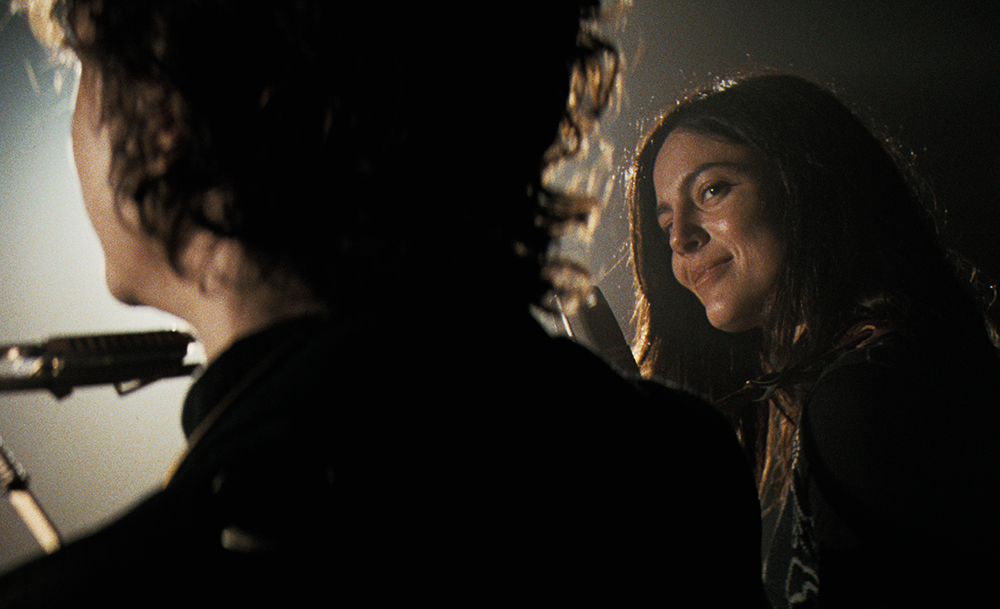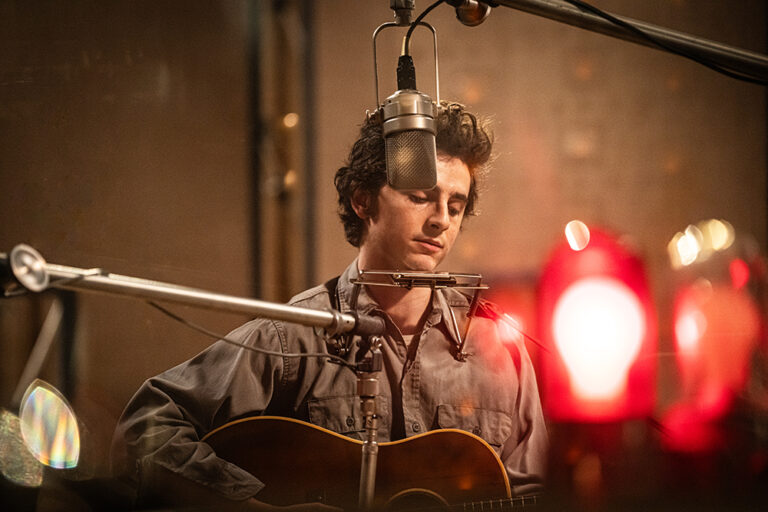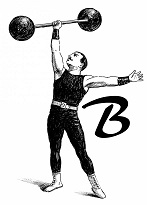A biographical film often runs the risk of self-sabotage. The success of its actors in becoming their subjects could hijack a delicately-crafted film and transform it into an imitation game in which the famous people playing other famous people take turns one-upping each other while viewers keep score. James Mangold’s “A Complete Unknown” stands on (and occasionally stalls due to) the quality and precision of its acting, particularly the trio performing (songs, too) as legendary musicians Joan Baez (Monica Barbaro), Bob Dylan (Timothée Chalamet) and Pete Seeger (Edward Norton). While nostalgia for the generation’s rebel spirit might unwittingly simplify its complex subjects, a contagious, near religious reverence for the music redeems and elevates this serviceable period piece. Hewing to a reliable, linear arc, Mangold counterintuitively raises the difficulty level, constructing a Dylan we may have seen many times before, but, thanks to Chalamet, we might not soon forget.
Opening on Christmas Day, “Unknown” dares to test the world’s collective box office stamina while “Wicked” and “Moana 2” are still scorching hot. No doubt, the film will generate Oscars buzz in several major categories, although my hunch is that it’s destined to be this year’s “Maestro” (2023) which earned seven nominations and no wins. Mangold (“Walk the Line”) is operating in familiar territory and “Unknown” is a more concentrated, straightforward narrative than Bradley Cooper’s Berstein biopic. It’s also more gunshy, lacking the auteurist flair and energetic outburst of the monochrome, often manic “Maestro.” And, similar to “Maestro,” the dialogue concerning “Unknown” could get bogged down in aesthetics: Chalamet’s accent this year might be Cooper’s prosthetic nose.
Live Singing Sets ‘A Complete Unknown’ Apart
Chalamet excels as a young Dylan (born Zimmerman), nailing the Minnesotan drawl and singular gravely voice while summoning the enfant terrible persona which defined the budding superstar’s ascension. Similar to Joaquin Phoenix (Oscar-nominated for ‘Best Actor’) and Reese Witherspoon (Won ‘Best Actress’) in “Walk the Line,” all of the actors here sang their own music, and played instruments, too. And Chalament even upped the ante, singing live. On-screen Dylans abound, both in fiction features (“I’m Not There” for 2007 had seven actors play Dylan, including Cate Blanchette) and documentaries (DA Pennebaker’s “Don’t Look Back” and Martin Scorsese’s “No Direction Home” and “Rolling Thunder Revue”), so Chalamet is already fighting an uphill battle for shelf space among the sunglass-wearing, moppy-hair folks who dare to portray the bard. He succeeds on merit and certainly likeness.
Barbaro—what a voice!—and Norton—what a banjo!—aren’t slouches either, and Boyd Holbrook is having the most fun as the man in black, Johnny Cash (Mangold’s cinema collides!). Although the film takes place in the early 1960s, the world’s political turmoil is background music, and Mangold prefers to zero in on Dylan’s private and then very public lives. He comes to New York with a guitar and a goal to meet Woody Guthrie (Scoot McNairy) and that relationship is the anchor for his evolution from a modest, self-styled folk singer to a petulant diva. (And while he was young at the time, I can’t help but think of what Roger Ebert would have made of this film, having eviscerated Dylan of that era, labeling him petty, vindictive, and “not very bright.”)
Dylan’s Singing Began as a Tribute… and Maybe Mangold’s

The film’s dramatic crescendo is when Dylan went electric at the Newport Folk Festival, much to the dismay of his closest allies and boosters. It’s a charged, raucous moment (“I’ll sing louder”), dimmed only somewhat by Mangold’s earlier over-investment in Dylan’s transactional relationships. The on-again, off-again romance with Sylvie Russo (Elle Fanning) was clearly fundamental to Dylan, but the script (co-written by Mangold and Jay Cocks) is far more infatuated with the brighter stars Baez and Seeger. Sylvie then becomes a cipher, representing the ideals that appealed to Dylan (equality, activism), but only after he grew up a little bit. The gesture towards what could have been comes off as half-hearted or perfunctory, deserving either total omission or more substantive airtime to explain Dylan’s art and relationship to the world.
Mangold has spoken from the heart about this project, having started it before Covid-19, long before Chalamet’s upgrade to the rarefied, upper A-list air. The director has mentioned the influence of his mentor Milos Forman, whose “Amadeus” (1984) is the consummate musician anti-biopic, a masterpiece of style, sound and mercurial misbehaving. Forty years later, Mangold’s film is more Leopold than Wolfgang, yet it’s full of imagination and an eagerness to eavesdrop on the psyche of stars whose moment met them. Dylan’s singing began as a tribute (to Guthrie), then rebellion and ends the film somewhere between an act of revenge and a duty. Mangold follows, rather than leads, from one phase to the next, emphasizing Dylan’s influences and distractions, and all the cultural trends and global unrest which couldn’t nudge him off course. If some of the story is familiar, it’s entertaining all the same. So throw this film a dime.
“A Complete Unknown” opens nationwide on Christmas Day.




1 Comment
Fantastic review